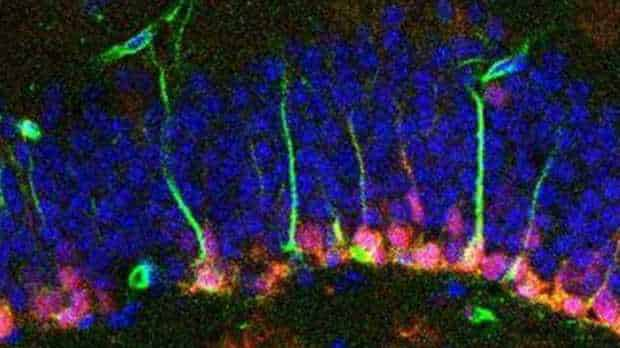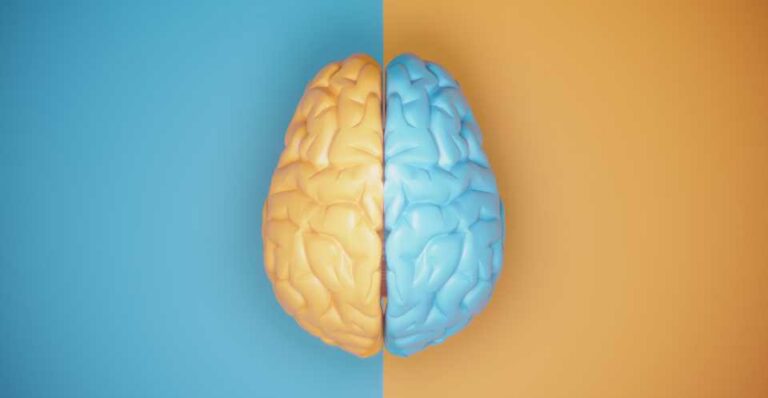Since getting an iPad Pro, I’ve noticed that I’m reading a lot before bedtime on it. I also have a Kindle paper white, which supposedly doesn’t produce light in the High-energy visible light band. So I’ve been wondering if my sleep is being affected. Because it seems like I’m waking up a lot more during…
Soluble Epoxide Hydrolase May Be New Depression Therapy Tool
A chemical discovered at the University of California, Davis, may be a new, innovative tool to control depression, a severe and chronic psychiatric disease that affects 350 million persons worldwide. The research involves studies of an inhibitor of soluble epoxide hydrolase in rodents. Soluble epoxide hydrolase, or sEH, is emerging as a therapeutic target that…
Gut Microbiome Always Changing But Also Strangely Stable
Turnover is to be expected in the gut microbiome. As soon as one bacterium leaves, another is ready to divide and take its place. The question is how our gut remains healthy under this constantly enacted succession plan. A growing body of research indicates that different species of microbes fulfill the same functions in the…
Scientists Unpack Testosterone’s Role In Schizophrenia
Testosterone may trigger a brain chemical process linked to schizophrenia but the same sex hormone can also improve cognitive thinking skills in men with the disorder, two new studies show. Scientists have long suspected testosterone plays an important role in schizophrenia, which affects more men than women. Men are also more likely to develop psychosis…
Growing Brain Cells: Genes Controlling Maturation Pinpointed
One of the first studies to unravel the genetic activity inside individual growing brain cells has been published recently. University of Wisconsin-Madison neuroscientist Xinyu Zhao has identified the genetic mechanism that causes maturation in a young nerve cell. The cells being studied came from the hippocampus, a memory-related structure that is the only place in…
What Are Microneedles And Why Do We Need Them?
Microneedles are tiny needles, small enough that they are measured in millionths of a metre (μm), designed to deliver medicines. But “needles” is perhaps a misnomer. In terms of how they work, microneedles have more in common with transdermal patches, such as those used to deliver nicotine to help people give up smoking, than they…
Complex Learning Dismantles Brain Barriers
Biology lessons teach us that the brain is divided into separate areas, each of which processes a specific sense. Recent findings, however, show we can supercharge it to be more flexible. Scientists at Jagiellonian University in Poland taught Braille to sighted individuals and found that learning such a complex tactile task activates the visual cortex…
Why Risk Of Schizophrenia Is Three Times Higher In Refugees
Much commentary in politics and the media refers to refugees as a problem or threat, without much acknowledgement of their suffering. A large study from Sweden published in the BMJ illustrates part of that human cost. It reported that refugees in Sweden were about twice as likely to experience schizophrenia and other psychoses compared to…
Transcranial Direct Current Stimulation For Stroke Recovery
Administering an electric current to the brain can assist in stroke recovery, Oxford University researchers have found. A team from Oxford’s Nuffield Department of Clinical Neurosciences, led by Professor Heidi Johansen-Berg and Dr Charlotte Stagg, studied the use of transcranial direct current stimulation (tDCS) to support rehabilitation training. The technique involves placing electrodes on the…


